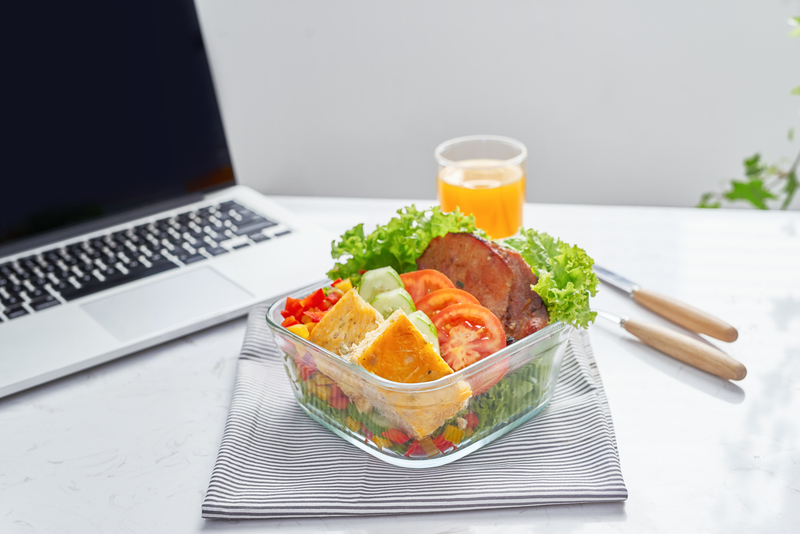Maintaining a clean and contamination-free environment is paramount for any facility that produces food products. Contamination can lead to serious health risks and damage your business’s reputation. Here’s how to avoid contamination.
Create a Strict Hygiene Policy
Establishing a strict hygiene policy is the foundation of contamination prevention. Develop comprehensive guidelines for employees, emphasizing the importance of cleanliness and hygiene in the workplace. Ensure that these policies cover every aspect of food production, from food handling to personal hygiene. Regular training and education on hygiene practices are essential for all employees. Make sure your team is well-informed about proper handwashing techniques, the use of personal protective equipment (PPE), and the handling of food products. Provide clear instructions on when and how often employees should wash their hands, especially after handling raw ingredients or using the restroom. Make sure everyone is aware of the importance of changing gloves regularly and wearing clean clothes when handling food. You can also establish a reporting system for any possible hygiene incidents. This way, you can have an accurate record of all relevant information and take swift action to address any issues that arise.
Prohibit Outside Food and Drink
To maintain a contamination-free environment, it’s crucial to prohibit employees from bringing outside food and drink into critical areas of your facility. This includes production areas, storage rooms, and any location where food products are handled. Outside food and drink can introduce contaminants that compromise the safety of your products. You should install signs that remind employees to not bring food and drink into critical areas. Designate specific areas where employees can safely consume their meals and beverages, such as a dedicated break room. Strictly enforce this policy to ensure compliance among your staff. Provide employees with containers that can hold their meals and snacks. This will not only encourage compliance but also help keep production areas neat and organized.
Monitor Employee Health
Employee health plays a significant role in contamination prevention. Encourage employees to report any illnesses, symptoms, or conditions that may affect their ability to handle food safely. Implement a system for reporting illnesses, and make sure employees understand the importance of honesty in this regard. Consider conducting regular health screenings, including temperature checks, for employees working in sensitive areas of your facility. If an employee shows signs of illness, it’s crucial to temporarily reassign them to a non-food handling role or grant them sick leave until they are no longer a risk to food safety. Ensure that employees are aware of the symptoms of foodborne illnesses and understand the importance of avoiding contamination. Provide safety training sessions to educate them on proper hygiene, appropriate clothing for a kitchen environment, and other infection prevention measures.
Preventing contamination in a facility that produces food products is of utmost importance for the safety of consumers and the success of your business. By prioritizing food safety, you not only protect your customers but also ensure the long-term success and reputation of your food production business.
Did You Enjoy Reading This Article? Here’s More to Read: Areas of Compliance Your Business Needs to Prioritize

